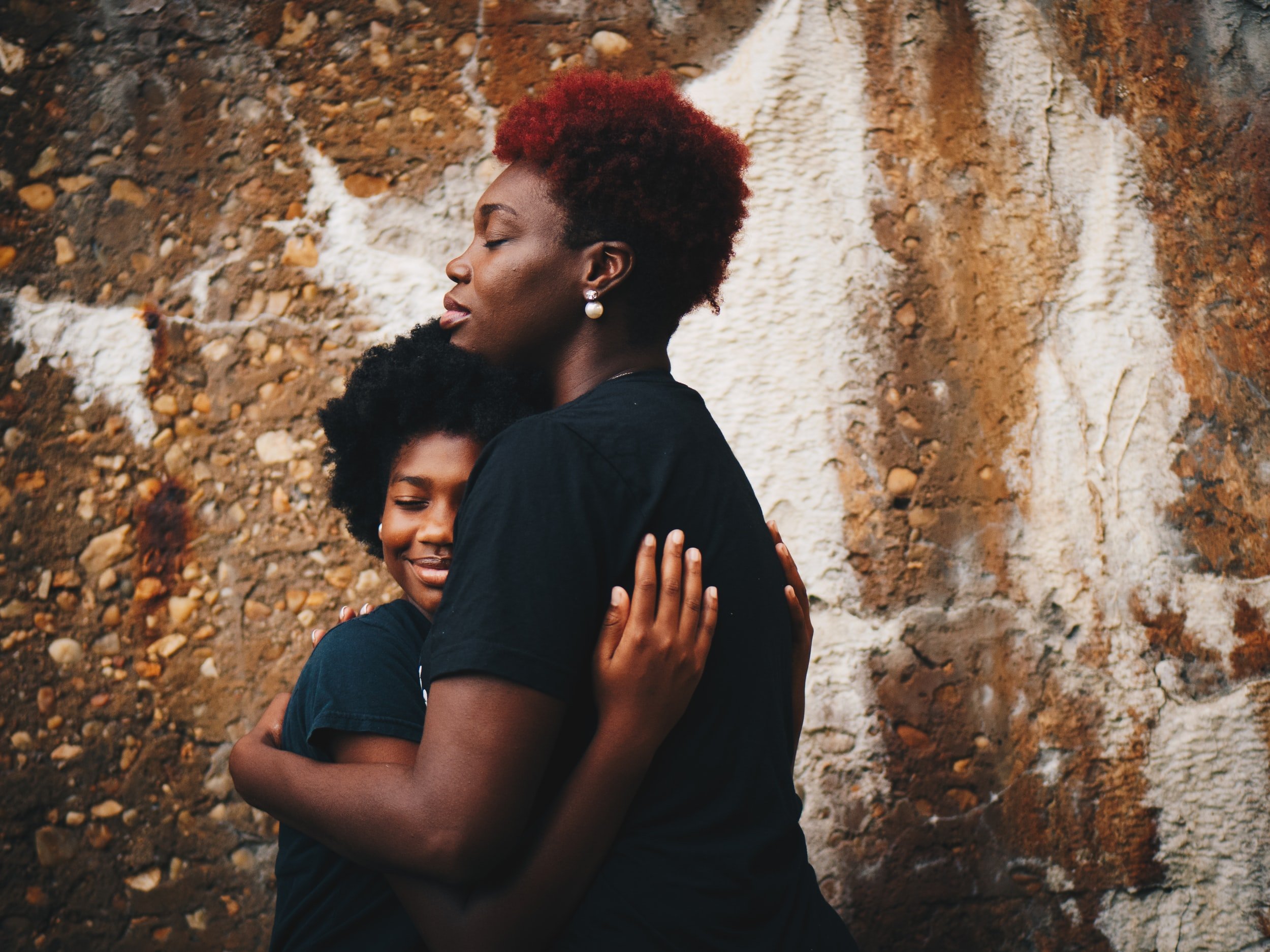The after school melt-down
The adjustment to school can be tough, and many children struggle with big feelings in the afternoons after they come home. This is normal. Here’s why - and here are some tips.
Health anxiety in parents
After parenting through the past 3 years, most parents have some degree of health anxiety. If you find yourself very anxious about the start of school and respiratory season, here are some helpful tips.
Separation anxiety tips for the start of school
The start of the school year is exciting, but it is also filled with anxiety - whether your child is going to school (or daycare) for the first time or not. Here are some tips to manage separation anxiety for kids — and a few more for parents, who often get overlooked when this is discussed.
EASY tool to calm an overwhelmed child
Box breathing is an easy technique that is taught to US NAVY Seals (and pediatrician’s kids!) for those moments of overwhelm. I started working on the skill with oldest when she was 3. In our house, it has come in handy for insomnia, tantrums, and even when we had to go to the ER recently for a laceration repair.
The Melatonin Question
While melatonin is widely available, effective, and generally well-tolerated for short-term use in children, there is limited data on its long-term safety. Studies looking at the longer-term effects of melatonin are reassuring but have limitations.
When you’re not the “favorite” parent…
Parental favoritism and love are not the same thing. Your child feeling secure and safe enough to express a preference is most likely a reflection of good parenting, not the opposite.
Constantly worried about your child getting sick?
Part of childhood is being exposed to a myriad of illnesses, and developing the immune response that provides protection down the line. Believe it or not, in the first year of school, it is normal to have 6-8 respiratory infections (colds, coughs), 1-2 tummy bugs, and a few other scattered viral infections such as HFM or roseola.
When to call the ped about tantrums
Anxiety, untreated ADHD, depression, sleep issues, or other conditions such as autism and developmental delay can all be reasons for tantrums that are beyond what would be normal.
5 steps to handling tantrums like a pro
When your child has a tantrum, their primitive brain takes over: the amygdala and the hypothalamus. These trigger a fight-or-flight response, which is why you will see your child flush, breathe more heavily, and even sometimes have a racing heart during a tantrum. The only way to respond in these moments is to allow time, create connection, and give the body a chance to turn off that fight-or-flight response.
Tantrums in 1 year olds
Many parents feel that tantrums cannot or should not happen when kids are as young as 12 months old, but it is actually fairly common.
Tantrums: an overview
Parents have several main jobs: to set limits, to create a safe space for our children, and to teach our children effective ways to manage the challenges and disappointments of life.
Talking to kids about tragedy: 5 tips
As a physician who has had to have tough and emotional conversations, sitting down is one of the most helpful tricks in my arsenal. It allows you to be at eye level, to provide context that this is an important topic that needs attention, and to signal that you have both the space and the time for your child’s questions and reactions.
Managing ADHD in your child
Part of the fear of treatment stems from the fact that people think that medications are the only effective treatment for ADHD. This is not true! Although many of the medications can be tremendously effective, there are many evidence-based behavioral modifications and interventions that can be impactful as well, especially for younger children.
What is ADHD?
ADHD affects almost 10% of U.S. children under age 17. ADHD is a condition that interferes with your child’s ability to focus and learn, eventually potentially affecting school success and self-esteem.














